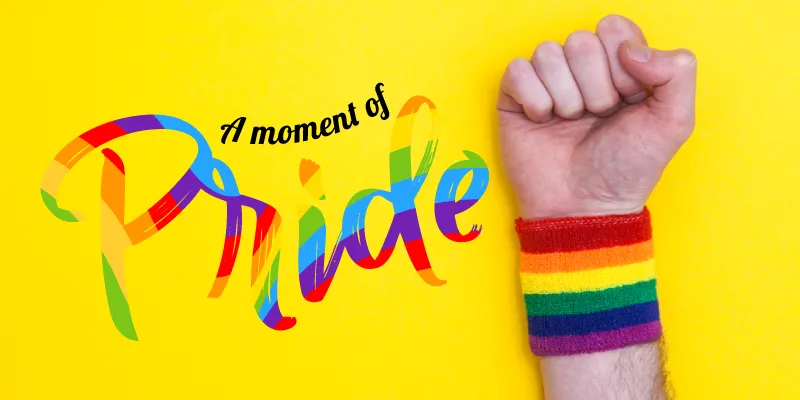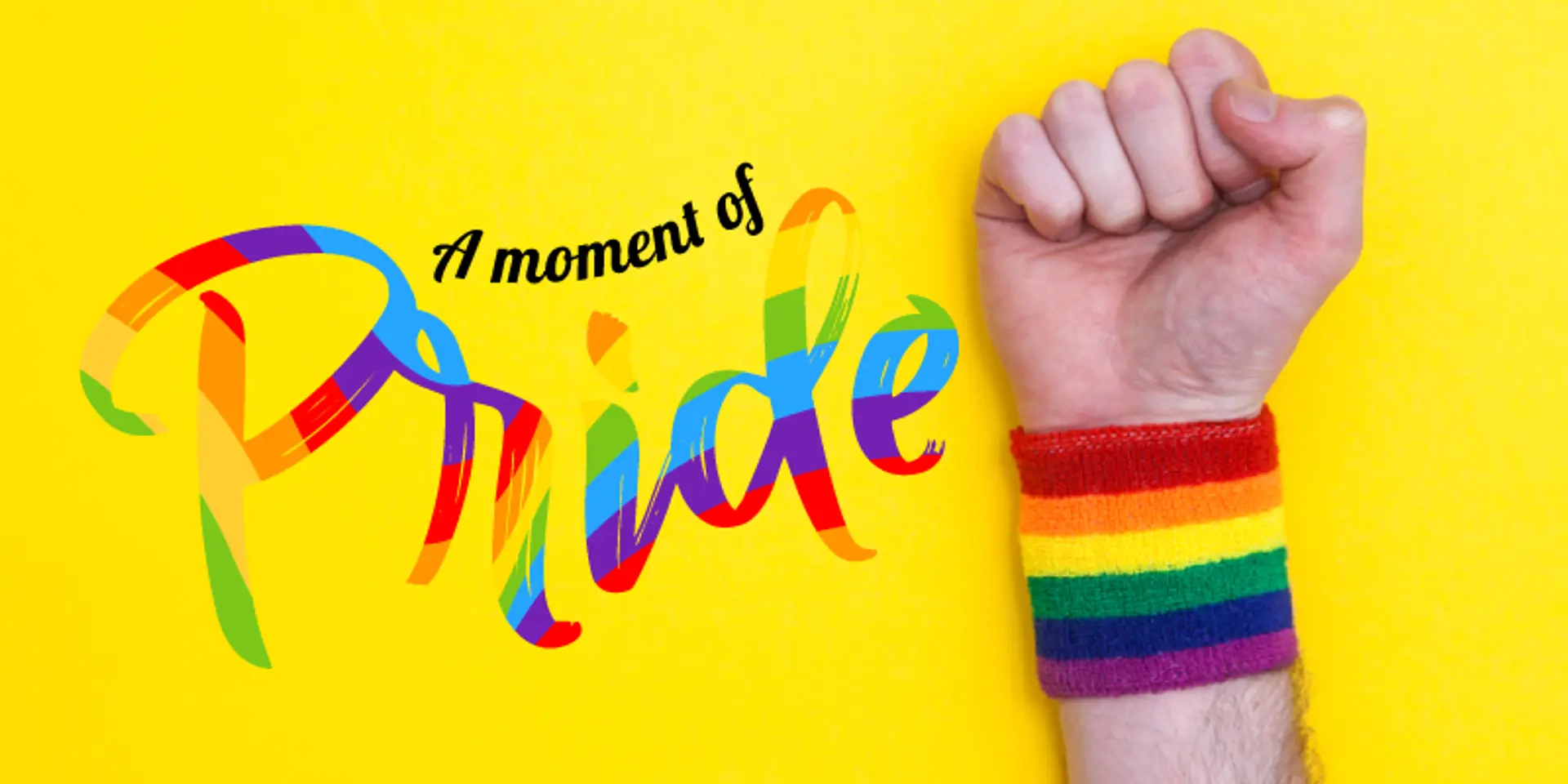A win for humanity: SC's landmark verdict finally decriminalises Section 377

In a unanimous verdict, the five-judge bench of the Supreme Court struck down Article 377 of the Indian Penal Code.
As all five judges signed the verdict, it signalled the approval of homosexuality and gay sex in India.
“The constitution nurtures dissent as safety valve of society, we can't change history but can pass way for better future,” the Supreme Court said.
Justice Indu Malhotra said that history owed an apology to members of LGBT community and their families for ostracisation and persecution they faced because of society's ignorance that homosexuality is a natural trait; its penal suppression infringes a host of fundamental rights.
It was moment of pride for humanity as the Indian Supreme Court on Thursday pronounced a unanimous verdict on pleas challenging the validity of Section 377 of the Indian Penal Code (IPC) that criminalises gay sex. The judgement announced that gay sex is no longer a crime in India and is legal.
A bench headed by Chief Justice Dipak Misra Justices RF Nariman, AM Khanwilkar, DY Chandrachud, and Indu Malhotra, made the announcement. There were four separate judgments by CJI Misra, Justices Chandrachud, Nariman, and Malhotra.
The apex court was emphatic in his opinion that Section 377 of the IPC was a weapon to harass members of the LGBT community, resulting in discrimination.
The Supreme Court in an official announcement said,
The primary objective of having a constitutional society is to transform the society progressively; Constitutional provisions should not be interpreted in the literal sense. The sexual orientation of an individual is natural and discrimination on the basis of sexual orientation is a violation of freedom of expression. The LGBT Community has the same rights as of any ordinary citizen. Respect for each other's rights and others are supreme humanity. Criminalising gay sex is irrational and indefensible. The provision of IPC had resulted in collateral effect in that consensual sex between LGBT person is criminalised and is violative of Article 14.
Chief Justice Dipak Misra said,
Privacy of human beings constitutes the cardinal rule of our constitution. Make way for the progressive realisation of social and economic rights and to begin a dialogue for ensuring individual rights reports, have to bid adieu to perception stereotypes.
Emphasising on individual recognition, he said that “identity is pivotal to one’s name”.
Section 377 of IPC refers to homosexuality 'unnatural offence' and says whoever voluntarily has carnal intercourse against the order of nature with any man, woman or animal, shall be punished with imprisonment for life, or with imprisonment for a term which may be extended to 10 years, and shall also be liable to pay a fine.
The ruling came after a 2013 judgment that upheld a colonial-era law , was reaxamined following a number of pleas to decriminalise the draconian law.
However, in August last year, the court had indicated its stand on the subject through its landmark judgment on the right to privacy. It said then that discrimination against an individual on the basis of sexual orientation is deeply offensive to the dignity and self-worth of the individual.
Akhilesh Godi, one of the petitioners in the case had said prior to the announcement that, "It is not only about decriminalising but recognising our fundamental rights."
Another petitioner Anwesh Pokkuluri had said,
"Based on how the proceedings have gone, we do not see how they can uphold (the ban). The judges in the case had previously said that gay people in India face deep-rooted trauma and live in fear."
Prominent LGBTQ activist Harish Iyer said,
"We will rise together. We will fight together. We will be together. Our fight for equality doesn't end with the reading down of section 377. This is the firsts of many firsts. We will win each one of them. And we will be equal. Keep the faith. Hold our hand."
The court has also directed the government to ensure proper broadcast of judgement. It has also asked that the police force should be given be given periodic training to sensitise them about gay rights.







